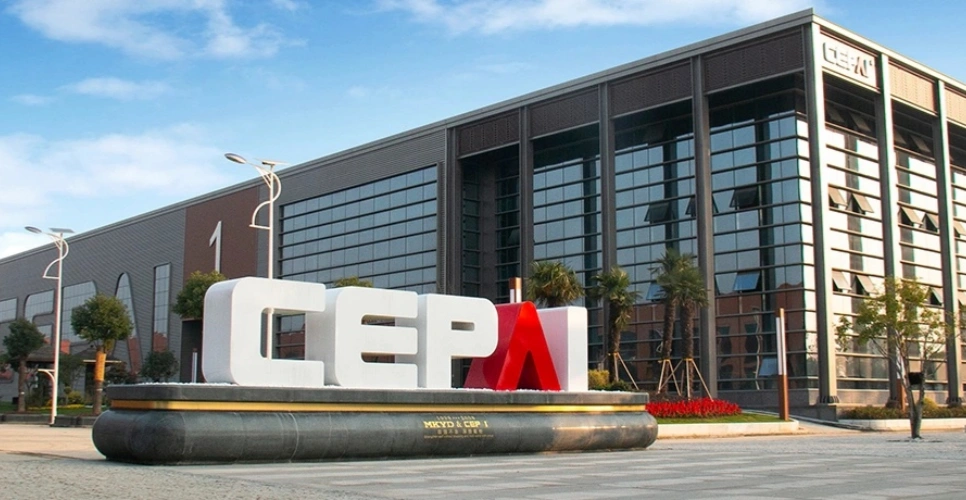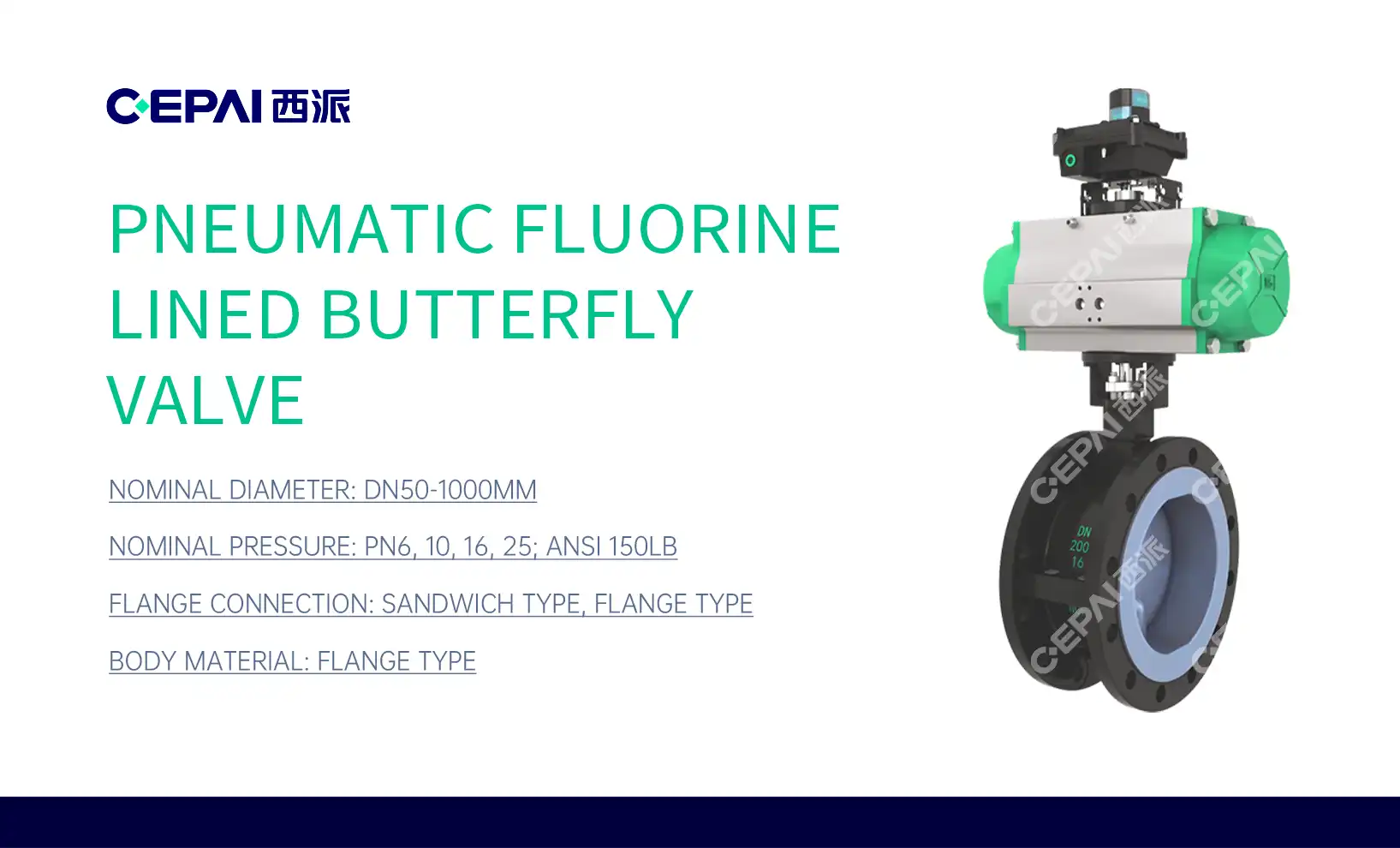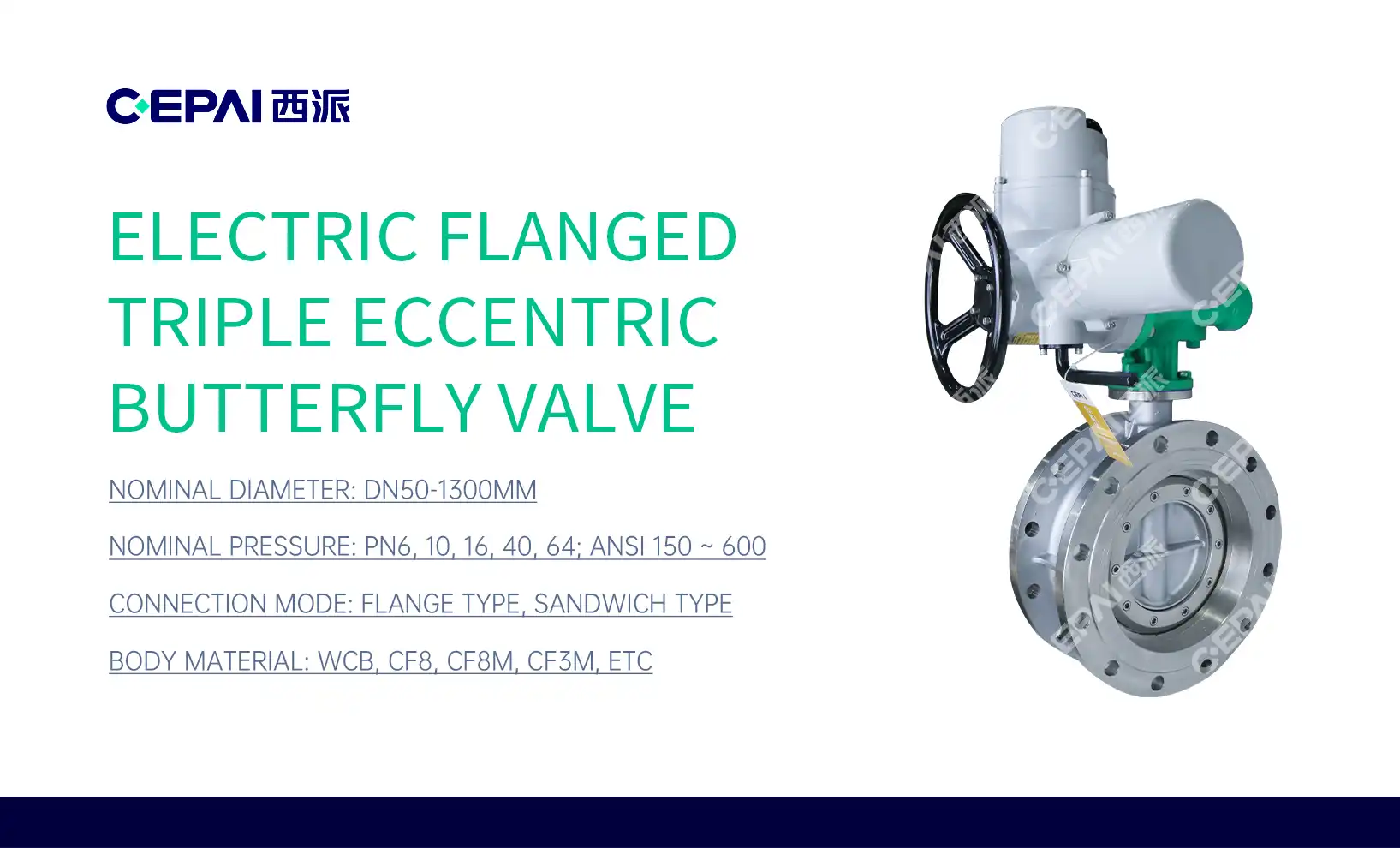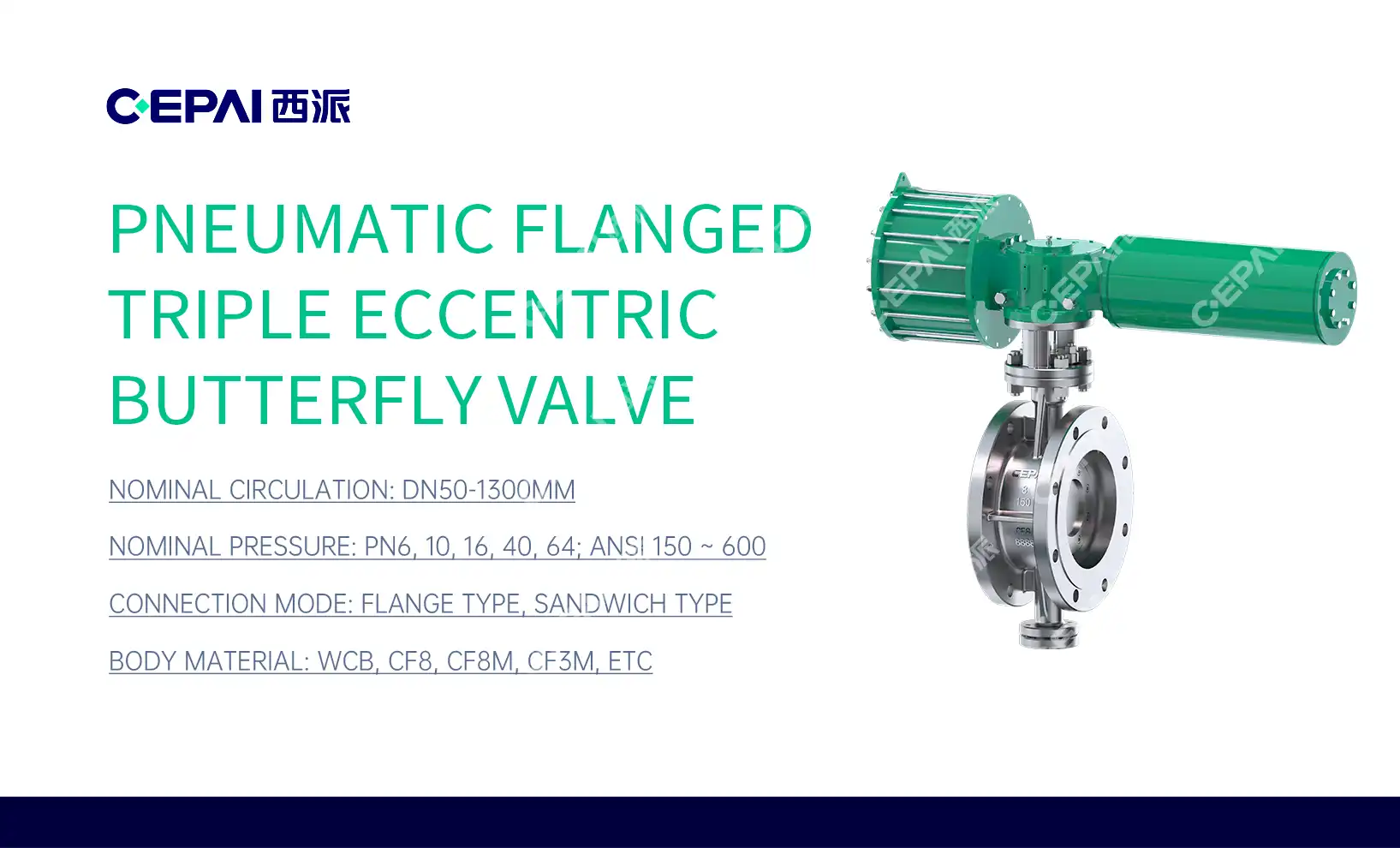Understanding the Challenges of High-Sulfur Crude Oil in Refineries
The Corrosive Nature of High-Sulfur Crude Oil
High-sulfur crude oil poses significant challenges in refinery operations due to its corrosive properties. The presence of sulfur compounds, particularly hydrogen sulfide (H2S), can lead to rapid deterioration of standard valve materials. This corrosion not only affects the integrity of the valves but also compromises the overall safety and efficiency of the refining process. The sulfur content in crude oil can vary widely, ranging from less than 0.1% to over 5%, with higher percentages intensifying the corrosive effects.
Impact on Valve Performance and Longevity
The corrosive nature of high-sulfur crude oil directly impacts ball valve performance and longevity. Valves exposed to these harsh conditions may experience accelerated wear, leading to leaks, reduced flow control, and potential failures. This not only increases maintenance costs but also poses significant safety risks. The deterioration of valve components can result in unplanned shutdowns, production losses, and environmental hazards. Therefore, selecting appropriate valve materials is crucial for maintaining operational integrity and minimizing downtime in refineries processing high-sulfur crude oil.
Regulatory and Environmental Considerations
Refineries handling high-sulfur crude oil must adhere to strict regulatory and environmental standards. These regulations often mandate the use of specific materials and technologies to prevent leaks and emissions. Compliance with these standards necessitates the selection of valve materials that can withstand corrosive environments while meeting stringent performance criteria. Additionally, environmental concerns related to sulfur emissions drive the need for valves that can effectively control and minimize the release of sulfur compounds during the refining process.
Optimal Valve Materials for High-Sulfur Crude Oil Applications
Stainless Steel Alloys: Durability and Versatility
Stainless steel alloys, particularly grades 316 and 317, are widely used in high-sulfur crude oil applications. These alloys offer excellent resistance to corrosion and pitting, making them suitable for various valve components. The addition of molybdenum in these grades enhances their ability to withstand sulfuric acid and other corrosive substances commonly found in high-sulfur environments. Stainless steel valves also provide good mechanical properties, including strength and ductility, which are essential for maintaining structural integrity under high-pressure conditions in refineries.
Nickel Alloys: Superior Corrosion Resistance
Nickel alloys, such as Inconel and Monel, offer superior corrosion resistance in extreme environments. These materials are particularly effective in handling high-sulfur crude oil due to their ability to form a protective oxide layer that resists sulfidation. Inconel alloys, like Inconel 625 and 718, exhibit exceptional resistance to both high-temperature corrosion and stress-corrosion cracking. Monel alloys, including Monel 400 and K-500, provide excellent resistance to sulfuric and hydrochloric acids, making them ideal for ball valve components in high-sulfur applications.
Specialized Coatings and Surface Treatments
To further enhance the corrosion resistance of valve materials, specialized coatings and surface treatments are often employed. Ceramic coatings, such as zirconia or alumina, can provide an additional layer of protection against corrosive elements. These coatings offer excellent hardness and wear resistance, extending the lifespan of valve components. Polytetrafluoroethylene (PTFE) coatings are another option, offering chemical inertness and low friction properties. Surface treatments like nitriding or carburizing can also improve the surface hardness and corrosion resistance of valve materials, particularly for carbon steel components used in less severe applications.
Selecting the Right Valve Type for High-Sulfur Crude Oil Processing
Ball Valves: Versatility and Reliability
Ball valves are a popular choice for high-sulfur crude oil applications due to their versatility and reliable sealing capabilities. These valves feature a spherical disc that rotates to control flow, providing excellent shutoff performance even in harsh environments. When constructed with appropriate materials like stainless steel or nickel alloys, ball valves can withstand the corrosive nature of high-sulfur crude oil effectively. The simple design of ball valves also allows for easy maintenance and replacement of seals, which is crucial in corrosive environments where regular maintenance is necessary.

Gate Valves: Robust Flow Control
Gate valves are another suitable option for high-sulfur crude oil applications, particularly in pipelines and main flow lines. These valves use a gate or wedge-shaped disc that moves perpendicular to the flow, providing a full bore opening when fully open. This design allows for minimal pressure drop and high flow capacity, making gate valves ideal for applications where large volumes of high-sulfur crude oil need to be transported. When constructed with corrosion-resistant materials and appropriate sealing elements, gate valves can provide reliable service in sulfur-rich environments.
Specialized Valve Designs for Extreme Conditions
In some cases, specialized valve designs may be necessary to address the unique challenges posed by high-sulfur crude oil. For instance, double block and bleed (DBB) valves offer enhanced leak protection by incorporating two sealing surfaces and a bleed port. This design is particularly useful in critical applications where preventing leakage is paramount. Another example is the use of lined valves, where the internal surfaces are coated with highly resistant materials like PTFE or PFA, providing an additional barrier against corrosion while maintaining the structural integrity of the valve body.
CEPAI Group Co., Ltd. has invested significantly in advanced manufacturing capabilities to produce high-quality valves suitable for challenging environments like high-sulfur crude oil refineries. Our state-of-the-art production facilities and rigorous quality control processes ensure that our valve products meet the highest industry standards for performance and durability.
Conclusion
Selecting the right valve materials for handling high-sulfur crude oil in refineries is crucial for ensuring operational efficiency, safety, and compliance with environmental regulations. Stainless steel alloys, nickel alloys, and specialized coatings offer superior corrosion resistance and durability in these harsh environments. Ball valves and gate valves, when constructed with appropriate materials, provide reliable performance in high-sulfur applications. By carefully considering the specific requirements of each application and choosing the right combination of valve type and materials, refineries can optimize their operations and minimize the risks associated with processing high-sulfur crude oil.
FAQs
1. How often should valves be inspected in high-sulfur crude oil applications?
Regular inspections are crucial, typically every 6-12 months depending on the severity of the environment.
2. Can standard carbon steel valves be used in high-sulfur environments?
It's not recommended due to rapid corrosion. Specialized materials like stainless steel or nickel alloys are preferred.
3. What are the signs of valve deterioration in high-sulfur applications?
Signs include visible corrosion, leaks, difficulty in operation, and reduced flow control.
4. Are there any emerging technologies for valve protection in high-sulfur environments?
Yes, advanced nano-coatings and smart monitoring systems are being developed to enhance valve performance and lifespan.
Expert Valve Solutions for High-Sulfur Crude Oil Applications | CEPAI
CEPAI Group Co., Ltd. specializes in manufacturing high-performance valves designed to withstand the challenges of high-sulfur crude oil environments. Our advanced production facilities, including Asia Pacific's longest high-precision intelligent manufacturing line, ensure top-quality products. As a leading valve supplier, factory, and manufacturer, we offer innovative solutions tailored to your specific needs. Contact us at cepai@cepai.com to learn how our expertise can enhance your refinery operations.

References
Smith, J. (2022). "Corrosion-Resistant Materials in Oil Refineries." Journal of Petroleum Engineering, 45(3), 112-125.
Johnson, A. et al. (2021). "Performance of Nickel Alloys in High-Sulfur Environments." Materials Science and Engineering, 18(2), 78-92.
Brown, R. (2023). "Advanced Coatings for Valve Protection in Harsh Refinery Conditions." Industrial Coating Technologies, 9(1), 45-58.
Lee, S. and Park, K. (2022). "Comparative Study of Valve Materials for Sour Crude Oil Processing." Corrosion Science, 87, 234-249.
Williams, T. (2021). "Regulatory Compliance in High-Sulfur Crude Oil Refining." Environmental Engineering Journal, 33(4), 156-170.
Chen, H. et al. (2023). "Innovations in Valve Design for Extreme Refinery Environments." Journal of Process Engineering, 56(2), 89-103.

_1746598538016.webp)



